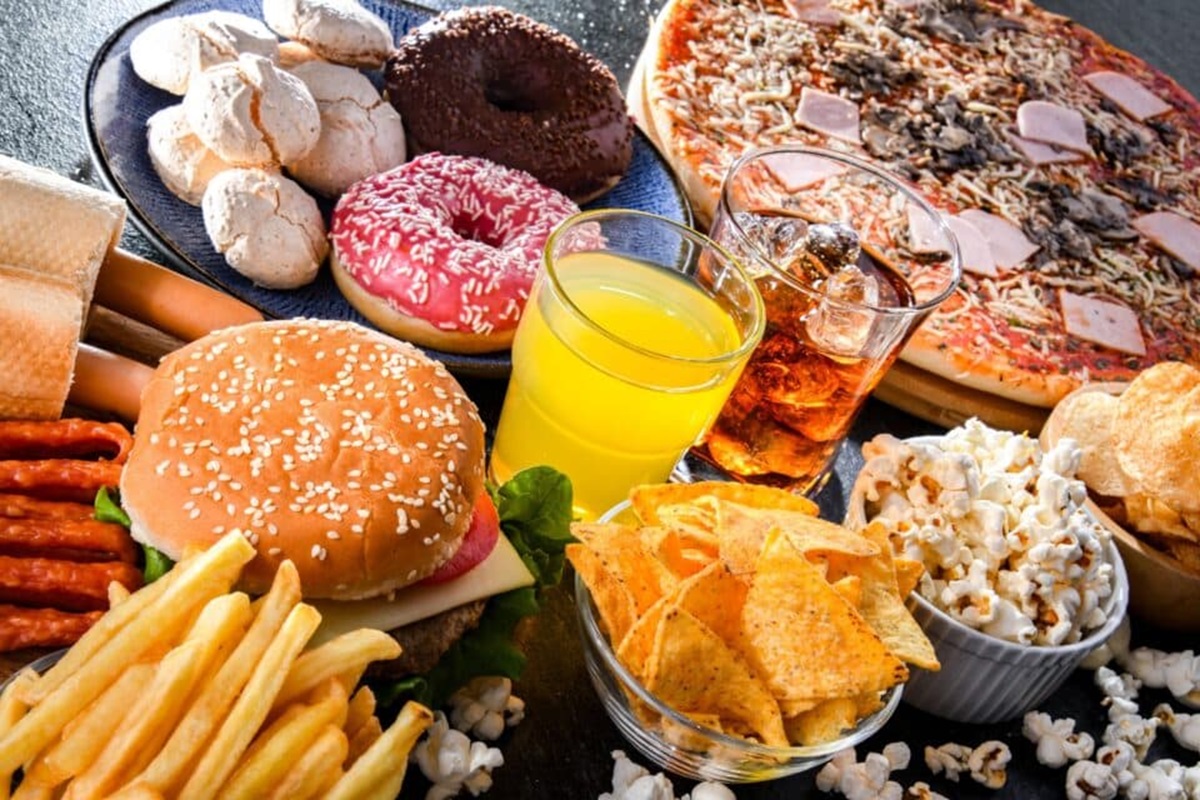In recent years, the shift in human diets towards high meat and sugar consumption has raised concerns about its effects on health and the environment. A study from McGill University has shed light on the significant risks associated with current dietary trends.

Historical vs. Modern Diets Decades ago, meals were simpler and often home-cooked, with seasonal fruits and vegetables. In contrast, today’s diets, despite a wealth of nutritional information and food variety, have not improved in healthfulness. This paradox is highlighted by the McGill study, which points to a disconnect between food availability and optimal nutrition.
Key Findings of the Study The research, conducted over several years, aimed to understand the evolution of the Canadian food supply and its implications. The study utilized benchmarks from the Canada Food Guide and the EAT-Lancet Commission to evaluate the modern food landscape. The findings revealed an imbalance in the food supply, with an overabundance of red meat and sugar and a lack of healthier options like nuts, legumes, and vegetables.
Environmental Costs of Modern Diets The environmental impact of a meat-heavy diet is often underestimated. Animal products, though a smaller part of our food sources, have a large environmental footprint due to factors like greenhouse gas emissions, water use, and land use. The study emphasizes the need for a shift towards plant-based diets to mitigate these impacts.
Benefits of Plant-Based Proteins and Vegetables Incorporating plant-based proteins and increasing fruit and vegetable consumption can significantly benefit personal health and the environment. These foods require fewer resources and have a lower environmental impact compared to animal-derived products.
Influencing Change Individuals can influence market demand for healthier, sustainable food options through their purchasing decisions and advocacy for food policy changes. This can lead to broader changes in food systems and policies, aligning them with the standards of health and sustainability.
Source: Global Food Security.
Leave a Reply